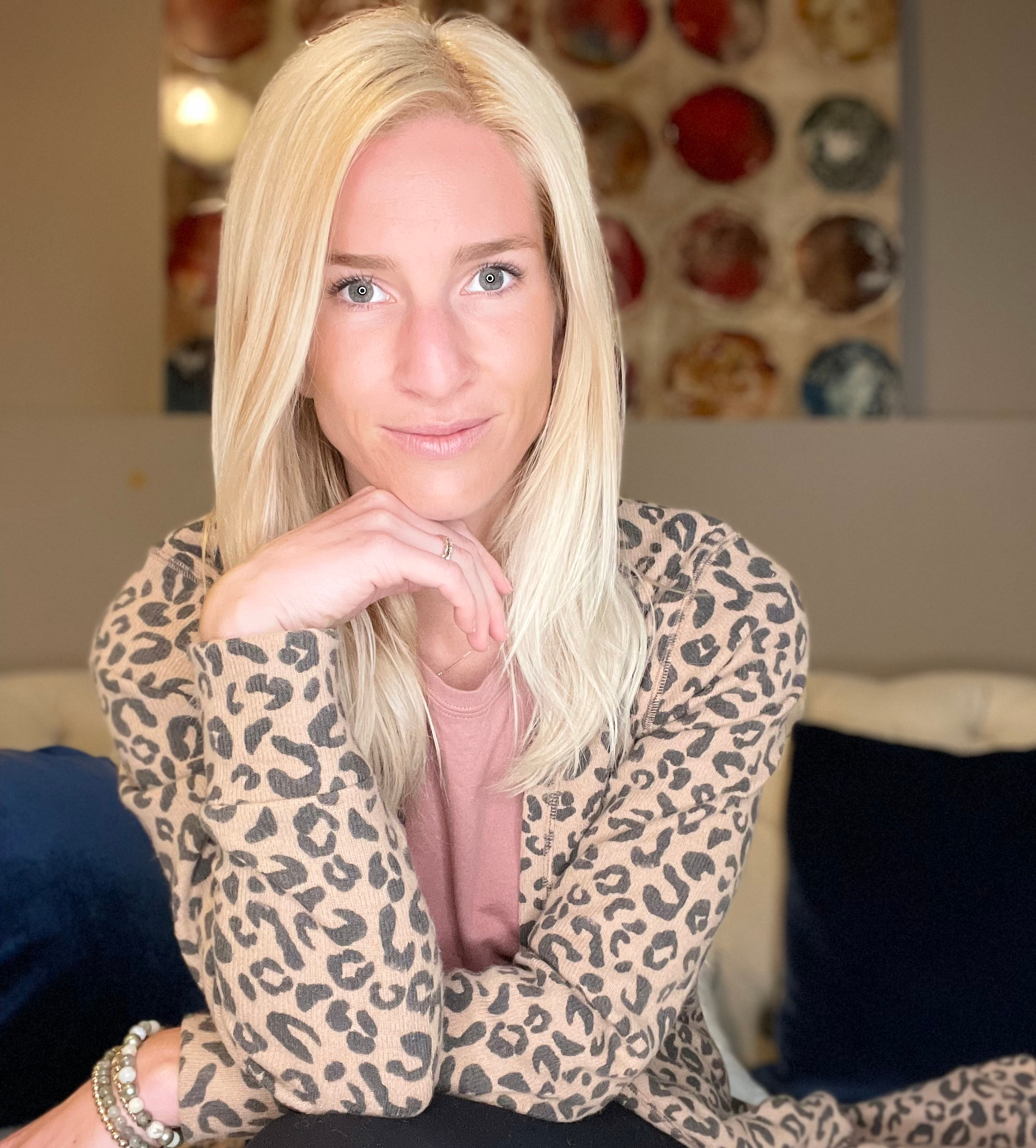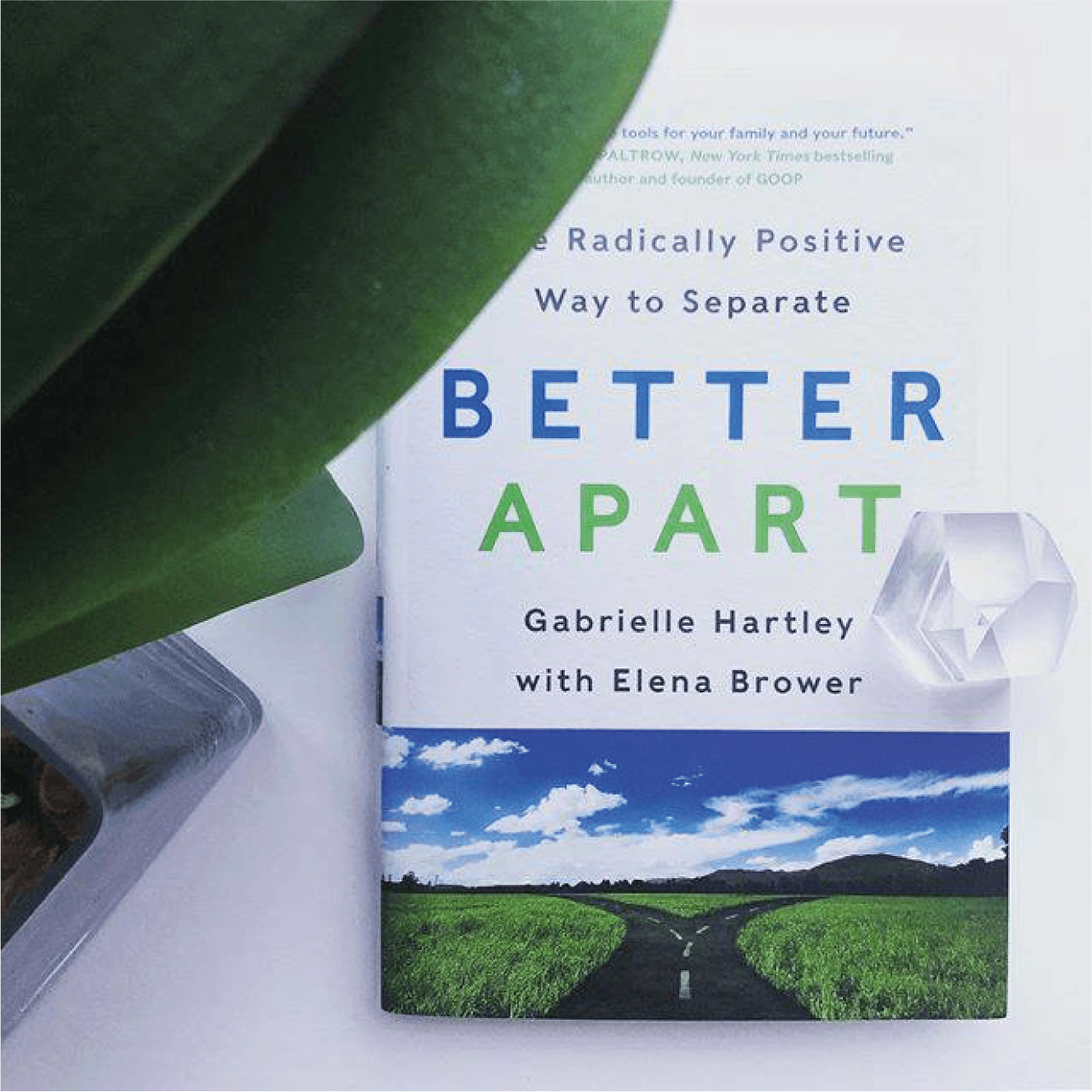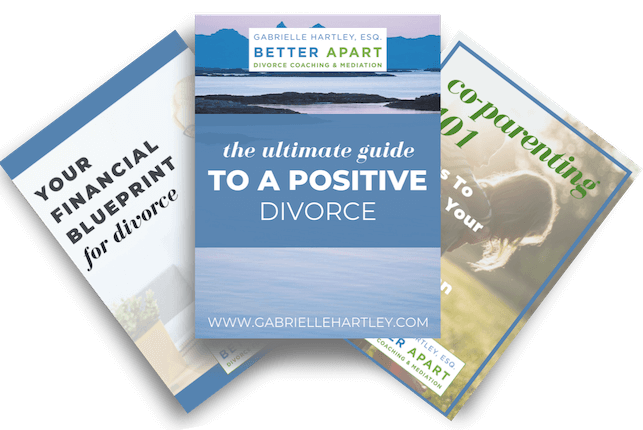When my partner and I chose to separate, I knew it was the healthiest choice for us as a couple, but like many parents, was deeply concerned about how it would impact our daughter.
So, I did what most people do when faced with a parenting predicament: I went to Google. Every article I read about co-parenting advised parents to put their relationship baggage aside and focus on the best interests of the children. All the #blendedfamilylife posts I found on social media were encouraging pieces of evidence that people who made a toxic marital match could in fact still co-parent happily ever after. Given our differences in values and parenting styles, I was skeptical, but I had so much guilt around our “broken family” that I was willing to try anything to ensure our daughter still had a happy and healthy childhood. I began to believe that if I compromised, was reasonable and tried hard enough, we could be able to co-parent amicably.
I was wrong. The more we communicated, the more polarized we became. There was no physical violence, but things rapidly became so toxic and contentious that an emergency temporary court order was filed, and we were advised to use a third party to exchange our toddler. I felt I had failed, both as a partner and as a parent. Reluctant to let go of my dream of amicable co-parenting but feeling as though I was out of alternatives, we resorted to parallel parenting: stopping all unnecessary communication, using written correspondence for what was essential and distancing ourselves from one another as much as possible. It was not an easy transition, and the results were not immediate, but this approach drastically improved our family dynamic and ironically, has brought us closer together. Here are three benefits to and reasons why parallel parenting may be the best solution for your family as well.
-
Less contact equals less opportunity for conflict
Common divorce advice suggests that parents support their children during divorce by keeping up with traditions and jointly participating in family activities. While that may indeed be positive for children, most divorce professionals also agree that the greatest determination of a child’s resiliency is their exposure to conflict. So, while the decision to celebrate your child’s birthday together may be well-intentioned, if all the planning and day of the celebration is filled with tension and hostility, you are not acting in the best interest of your child. Put simply: less contact equals less opportunity for conflict. In high-conflict cases, parallel parenting protects your children and enhances your ability to shift your focus from drama with your ex to being the attentive, emotionally available parent that your child now needs more than ever.

-
Your children can enjoy and reap the benefits of a relationship with you both
Most people (regardless of their marital status) believe that they are the better parent in their relationship. The truth is that none of us are perfect, and it is likely that each of you has strengths and weaknesses when it comes to raising your children. Feeling personally disrespected by your ex can impede your ability to acknowledge their strengths as parents. Choosing to parallel parent will give you time and space to manage your feelings towards your ex and shift from being emotionally reactive to thinking critically about the situation. You will be in a better position to determine whether their approach to parenting is bothersome because it is harming your children or simply because it is different from your own. In the event their actions do cause you grief (i.e., your children return low on sleep and high on energy from too much junk food), you will be in a better position to ease your children back into their routine if you are not already worn down from constant conflict. Parallel parenting will not help you control your ex’s parenting style or how they spend their time with your children. It will, however, reduce conflict, putting you in a better emotional state to support your children’s relationship with their other parent and afford you more energy to show up as the best parent possible.
-
You regain a sense of control
Boundaries are a key component to any functioning relationship. A lack of boundaries; especially during a high-conflict divorce, can leave you feeling frustrated, disrespected, and emotionally burnt out. Despite these feelings, many newly separated parents struggle with boundaries – some out of fear of the backlash, others because they misinterpret what healthy boundaries are. Boundaries are not about other people’s wrongdoings or to be used to manipulate or control the behavior of others. Instead, they are about the person who is setting them and are ways in which that person can protect their personal needs and limits regardless of the other party’s willingness to cooperate. If it is the fear of losing control that has kept you from cutting ties, consider how effective communication has been so far. If your attempts to be reasonable and compromising are consistently met with hostility, it might be time to accept that your former partner is currently incapable of communicating respectfully. When interacting without conflict is not possible, choosing to disconnect from your ex by limiting direct communication with one another is what makes parallel parenting one big, healthy boundary. It is not always easy to accept the things you cannot change, and it requires courage to change the things you can but choosing to protect your peace will relieve you of anger and resentment. Accepting you cannot change your ex gives you so much more time and energy to do things that nourish and bring joy to your body, mind, and spirit.
Parallel parenting gave me the time and space I needed to reflect on the part I was playing in our relationship. It was not always easy but shifting focus from what I had no control over to what was within my power to change was extremely empowering. It also gave me the ability to separate my relationship with my ex from the one he has with our daughter and to understand that though we may operate differently, our daughter is learning valuable lessons from us both. Each of us has moved on to new relationships and I still cannot see us ever doing the whole one-big-happy-blended-family thing, but we are able to communicate much more effectively and most importantly, now that we facilitate our own exchanges, our daughter gets to see us interact peacefully. Seeing how happy and thriving our daughter is, I understand now that parallel parenting is not failed co-parenting… it is simply a different strategy to meet and protect the needs of everyone within your ever evolving family unit.



BETTER APART
The Radically Positive Way
to Separate
Gabrielle Hartley with Elena Brower
Available on Amazon
“Potent, accessible tools for your family and your future.”
— Gwyneth Paltrow, New York Times Bestselling Author and Founder of GOOP

Get Your FREE Divorce Survive & Thrive Kit!
Includes a financial blueprint for divorce, a co-parenting guide, and the BEST strategies to help you stay positive and take care of yourself during divorce and beyond.
[mailerlite_form form_id=2]


Revolutionizing the conversation around Divorce, one internal narrative at a time.
MENU
FOLLOW GABRIELLE
DISCLAIMER: The commentary, advice, and opinions from Gabrielle Hartley are for informational purposes only and not for the purpose of providing legal advice or mental health services. You should contact an attorney and/or mental health professional in your state to obtain advice with respect to any particular issue or problem.
CONTACT GABRIELLE
NORTHAMPTON ADDRESS: 76 Masonic Street, Northampton, MA 01060
NYC ADDRESS: 150 East 52nd Street, Suite 1002, New York NY 10022
STATEN ISLAND ADDRESS: One Edgewater Plaza Suite 304, Staten Island, NY 10305
PHONE: 413.341.0034/ 917.757.0980

